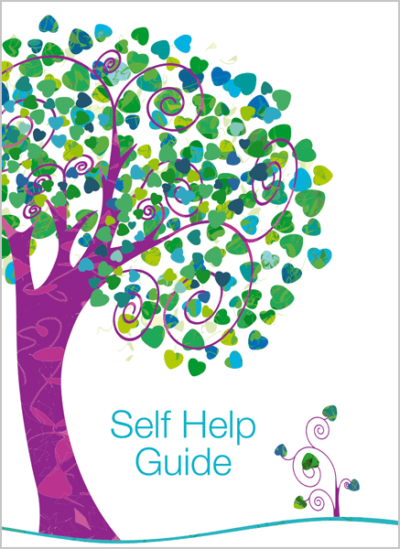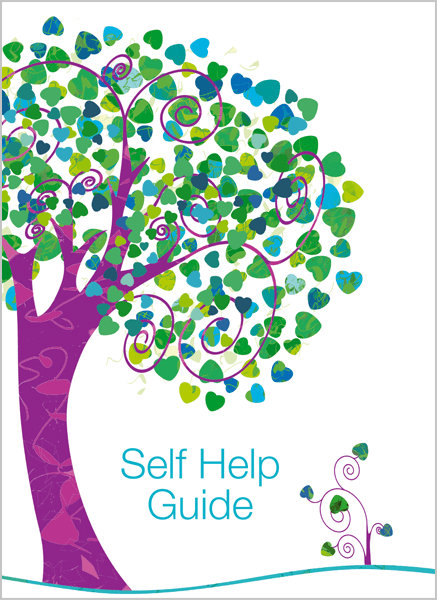
Help guide
Survivors Self Help Guide
A self help guide for survivors of rape or sexual abuse, who want to understand and process their own personal reactions to their experience
Download the guideThe Survivors Self Help Guide is for survivors of rape or sexual abuse who want to understand and process their own personal reactions to their experience. When you have suffered rape or sexual abuse it can affect how you think, how you feel, how you behave and how you see the world.
This guide may help you to make sense of those feelings and behaviours. You can download this guide in Urdu, and from the original authors in Polish, Chinese, Arabic, Ukrainian and Somali. They also have an easy-read version.
This self help guide is for men and boys who have survived sexual violence or abuse.
If you are a professional, or the parent, friend or partner of a survivor of sexual violence you may need information and support too. Please do download our Self Help Guide for Supporters.
The experience of rape can be very different to that of child sexual abuse and different again to other forms of sexual violence. This self help guide is for people who have experienced any of these forms of abuse as the reactions and questions that follow can be similar. It is normal to feel confused, angry, upset, anxious, and a whole range of other emotions. But it does get better. Be gentle and patient with yourself as you go through your feelings and reactions and fi nd ways to feel safer. This takes time.
Everyone’s experience is different. Working out which parts of the guide work for you is a step towards understanding your self and your reactions.
In each section of the guide, some common reactions are explained, followed by some self help suggestions. It can be helpful to write your own ideas next to our suggestions or to highlight suggestions you particularly like. As you go through the guide, try to think about real situations in which some of the ideas might work particularly well. The healthy ways of coping that you find for yourself are always the best.
Some additional information is included on a couple of the most common reactions to trauma. These are included after the sections on the four “parts of yourself”.

Downloads
- Survivors Self Help Guide (pdf)
- Survivors Self Help Guide – Urdu (pdf)
- SARSAS Self-Help Guide – Polish (pdf)
- SARSAS Self-Help Guide – Chinese (pdf)
- SARSAS Self-Help Guide Arabic (pdf)
- SARSAS-Self-Help-Guide_Somali (pdf)
- SARSAS Self-Help Guide – EasyRead (pdf)